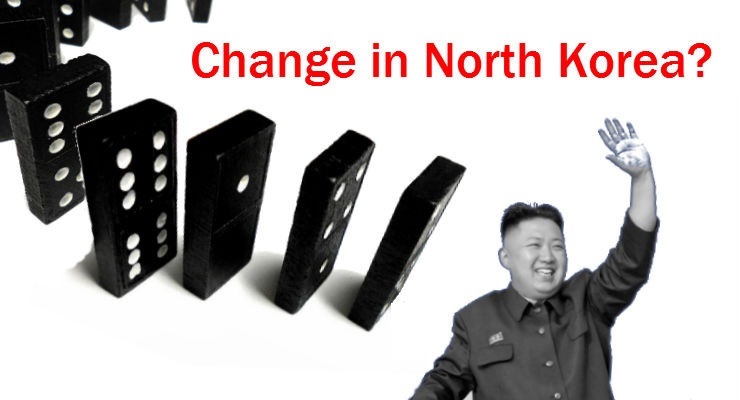
From Voice of America
Millions of North Korean voters, including leader Kim Jong Un, went to the polls Sunday to elect roughly 700 members to the national legislature.
In typical North Korean style, the vote was more of an endorsement than a competitive contest: Voters were presented with just one state-sanctioned candidate per seat. They cast their ballots to show their approval or, very rarely, disapproval.
The elections, held every five years, are for the entire Supreme People’s Assembly, which, on paper at least, is the highest organ of power in North Korea. Its delegates come from across the country and all walks of life. The candidates are selected by the ruling Korean Workers’ Party and a couple of other smaller coalition parties that have seats in the assembly but exercise little independent power.
Most prominent candidate
Kim, fresh off his trip to Hanoi for his second summit with President Donald Trump, is the most prominent candidate of all. Though his power rests in his complete control over the ruling party, government and military, Kim is running for re-election in his Pyongyang district.
Turnout is generally reported at 99 percent or higher. That should of course be taken with a grain of salt, but voting is generally regarded as a duty and responsibility and simply staying at home is not an option.
“I’m very proud to be voting for the first time,” said 19-year-old university student Kim Ju Gyong.
Under North Korean law, citizens can vote from the age of 17.
Voting begins around 10 a.m. depending on the location and continues until late evening. Voters show election officials their ID cards to receive their ballot, which they cast in a private booth. If they approve, they simply put the ballot in the box. If they don’t approve, they cross the name out.
Photos and profiles of the candidates are posted before each election.
No one votes against
“No one votes against the candidate,” said Jin Ki Chol, the chairman of an election committee for a polling station in central Pyongyang. “Everyone knows the candidate well. She has been serving them well for the past five years, so they support her.”
Election days have a festive mood. There are often bands playing music as voters wait in line, and group dancing for those who have already finished.
“The election system of the DPRK is most popular and democratic as it makes all citizens take part in the election of power organs with equal rights,” the North’s official news agency said in a report ahead of Sunday’s vote, using the acronym for the country’s official name, the Democratic People’s Republic of Korea.
Elections, it added, are “an important occasion in further strengthening the government and displaying the solidity and invincibility of the socialist system in which the leader, the party and the masses form a harmonious whole.”
To underscore that harmony, North Korean media reported that Kim was elected unanimously to his assembly seat in 2014.
The deputies
The number of deputies in the assembly is based on population, each represents from 30,000-35,000 people. Officials at two polling stations said they were not sure of the exact number this year, or when the results would be announced. Five years ago, 687 deputies were elected and the results were announced two days after the vote.
While they are decidedly not intended to foster policy debates among the general populace or for the voters to change, bottom-up, the national course, the elections are an important means for the regime to reward up-and-coming cadres and replace incumbents who have served their usefulness. For the authorities, the elections provide a veneer of democracy and a means of monitoring the whereabouts and loyalties of citizens.
Outside observers note that mustering the nation also provides a chance for the authorities to hone their mobilization skills, check the efficiency of local leaders and keep tabs on potential problems.
In the North’s close-knit society, the pressure to conform is strong. Refusing to fulfil duties such as voting or participating in expected group activities can bring particularly harsh social ostracism, if not actual legal repercussions.
The deputies to the assembly generally meet just once or sometimes twice a year, usually in March or April, to approve policies already hashed out by the ruling party, which is headed by Kim. A much smaller group, the presidium of the assembly, meets more often and is more closely involved in the actual functions of the government.
Leave a Reply